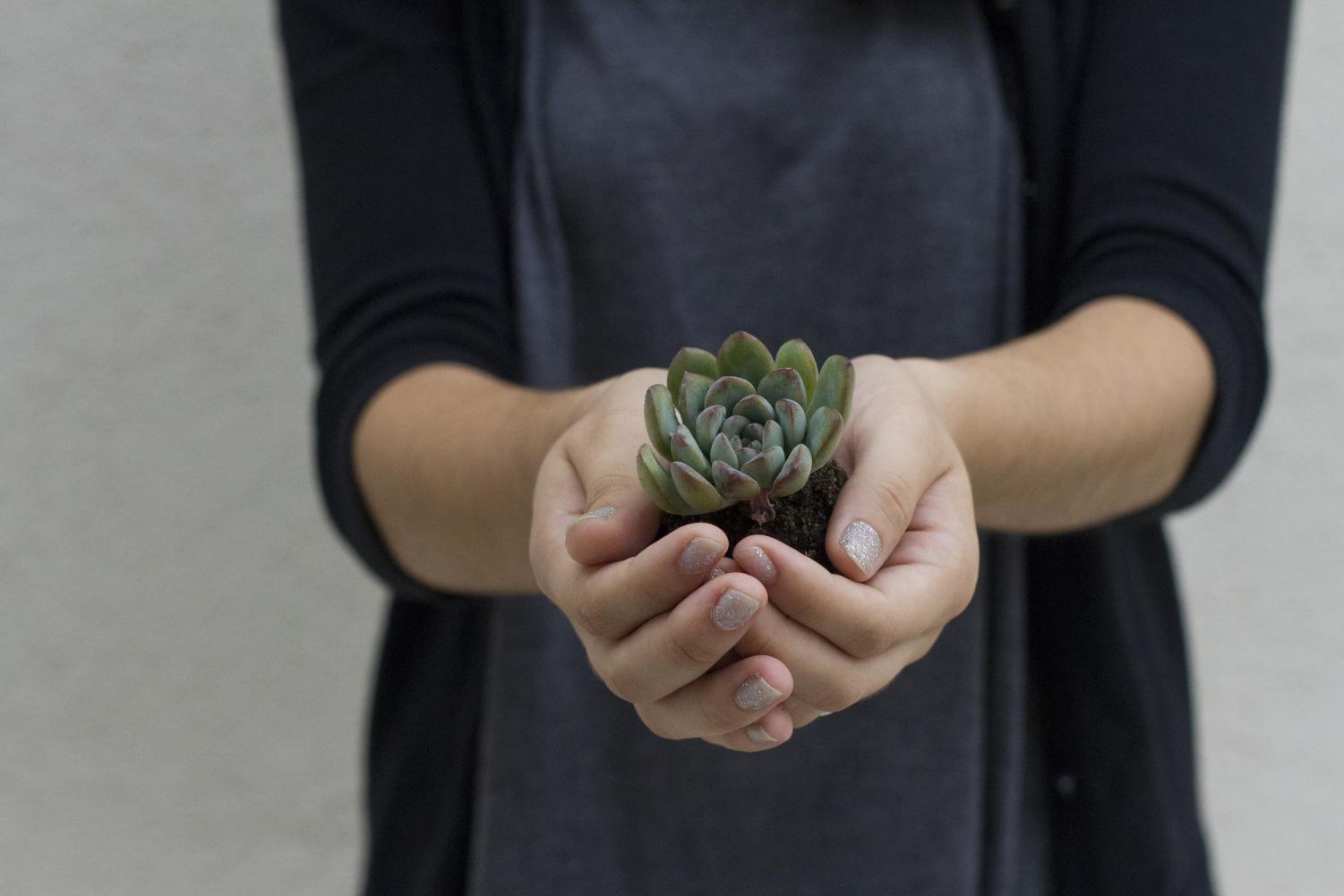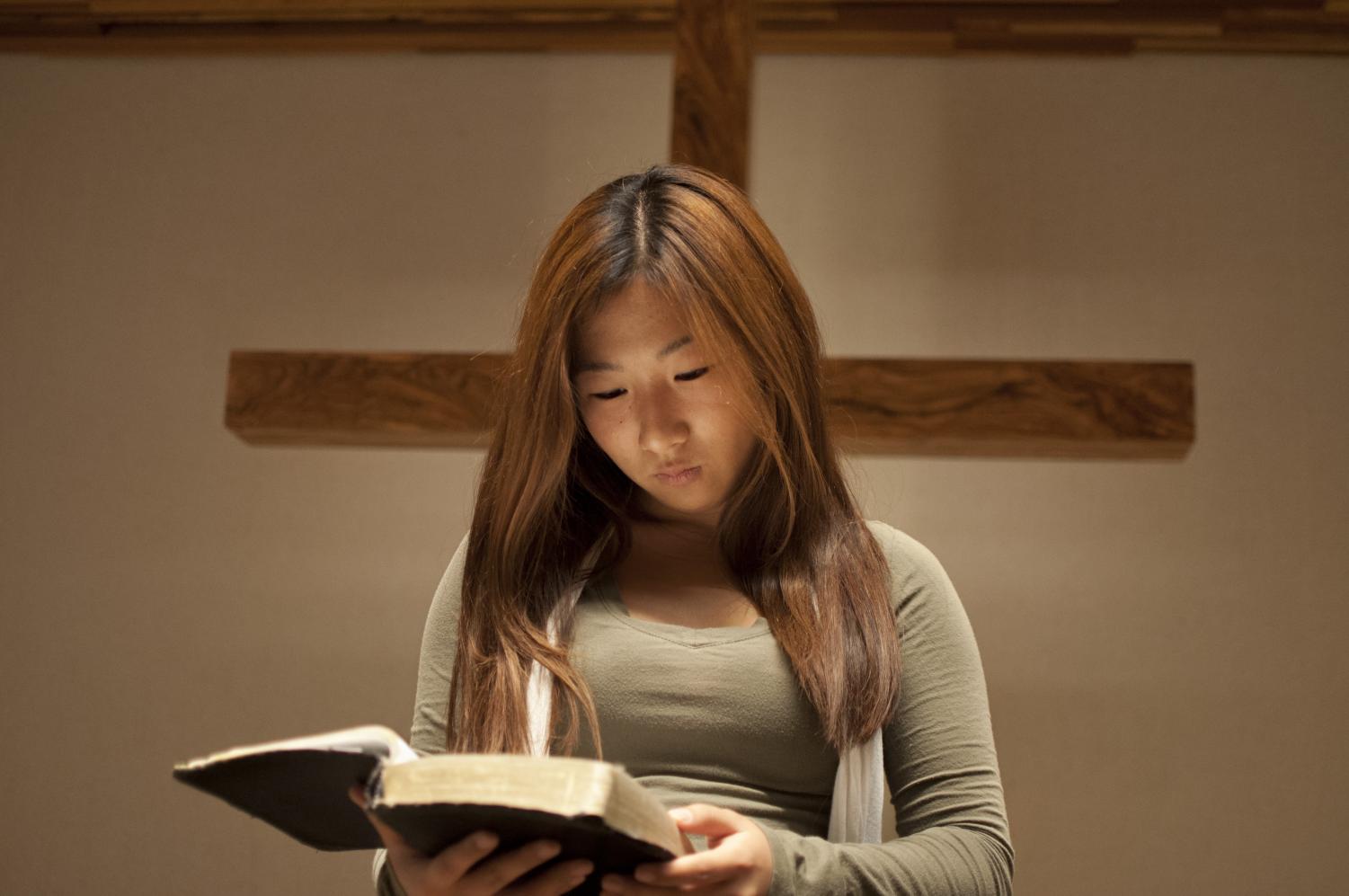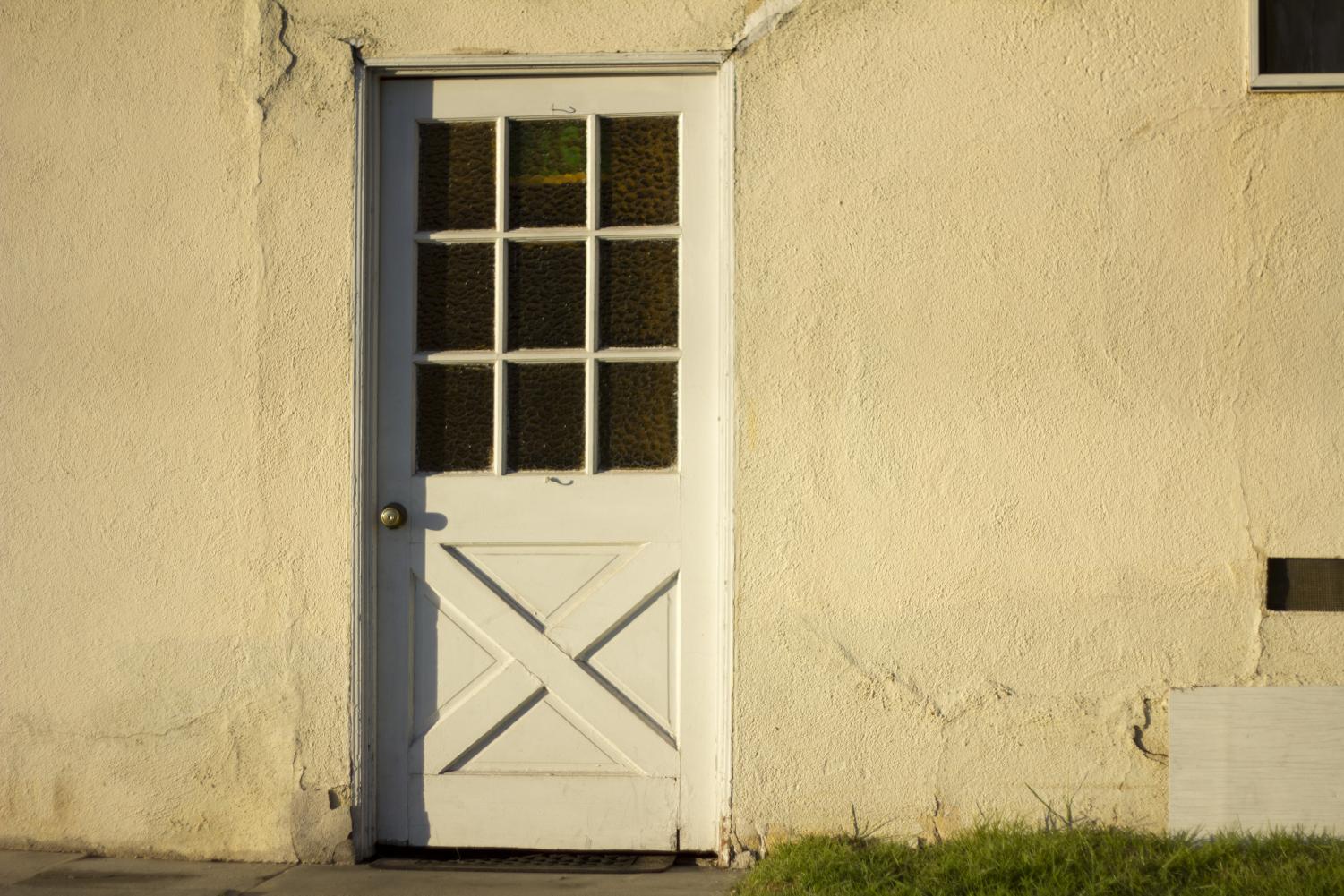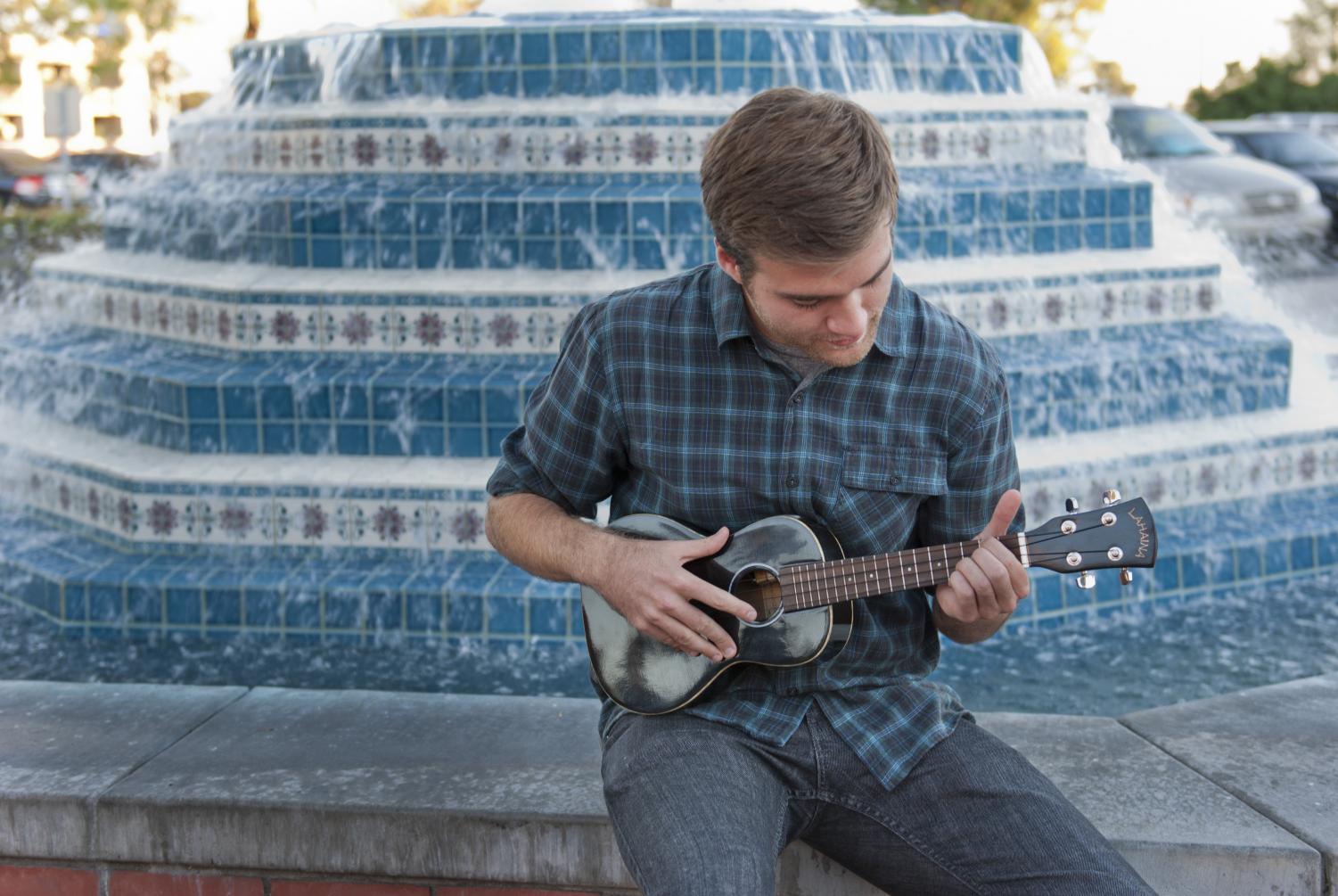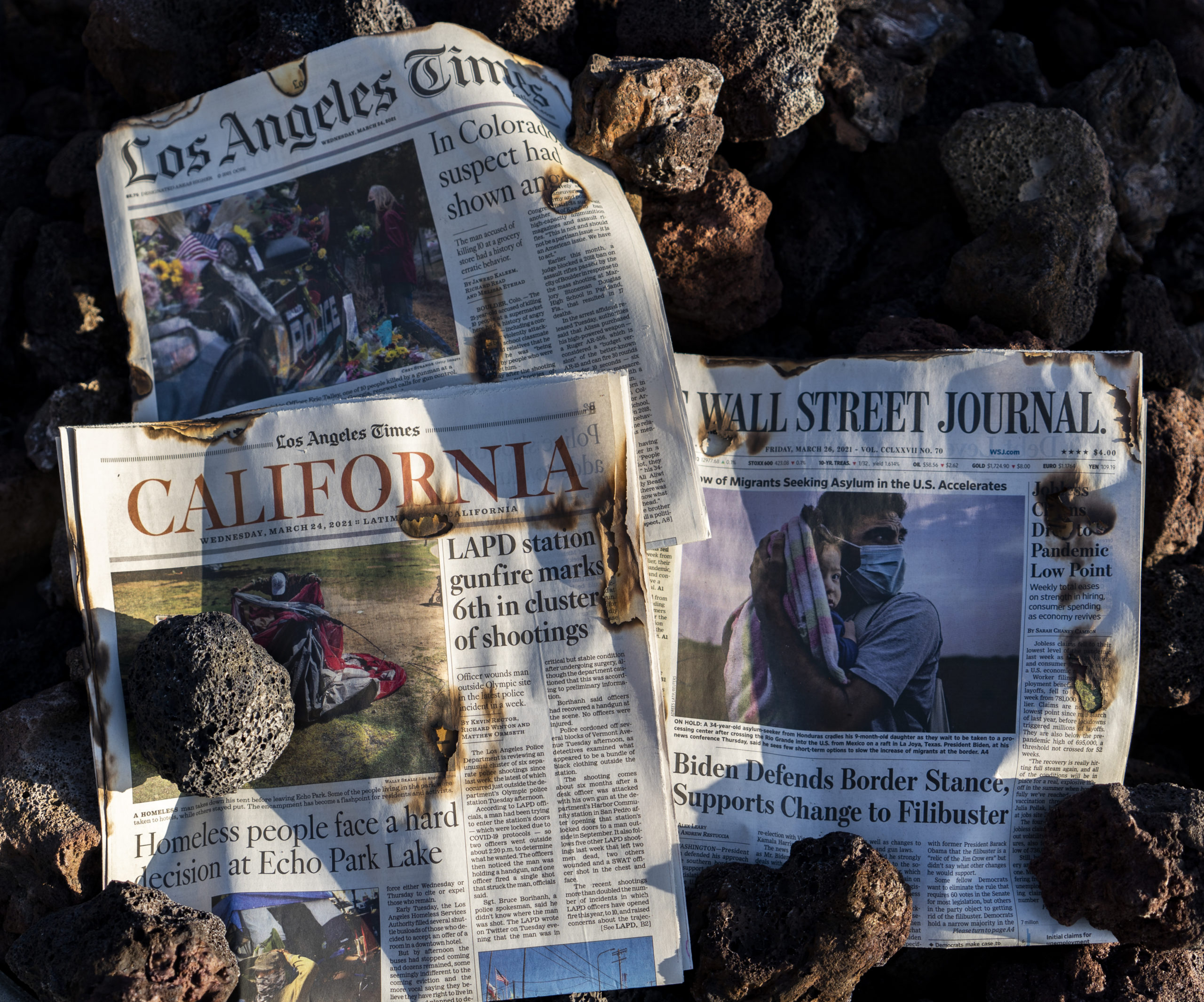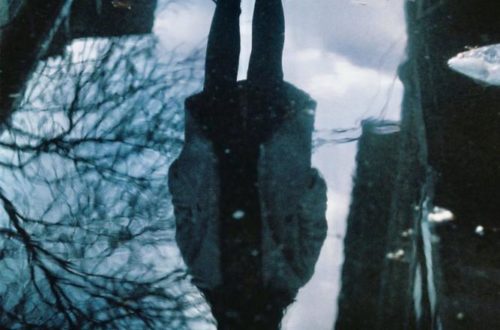Written by Rebecca Nakashima
Mark McReynolds had a problem. He was thirsty. So thirsty that he gratefully chugged a can of Coca-Cola, even though he does not normally care for soda. But this was not his only problem. McReynolds was also being interviewed for a faculty position in Bardwell Hall, Biola University’s science building. And this is when McReynolds’ empty soda can led him to the ironic discovery of the problem: There were no recycle bins in Bardwell, the very building that would eventually give birth to the environmental science program he was being interviewed to start.
Biola Creates Stewardship Committee
The fall 2012 semester marks nearly 2 1/2 years since the beginning of this program at Biola. Last year, McReynolds, along with students, staff and other faculty members, started the Creation Stewardship Committee on campus. Its purpose is to act as an advisory group, making recommendations to administration about how to make the operation of Biola more environmentally and ethically friendly.
The committee has been partnering with Facilities Services in exploring possible areas of improvement, particularly in the recycling program on campus. Until recently, all of the collected paper, cardboard, bottles and cans are sent to Escondido Disposal Inc. (EDCO) along with the rest of the campus garbage to be sorted. The committee looks to improve on the program to include more on-campus recycling that is not all outsourced to EDCO. More recycle bins have been placed in campus buildings, with more outdoor receptacles expected soon, according to Matt Johnston. A student worker has also been hired to collect and sort campus recyclables.
One of the biggest hindrances to creation care on campus is the lack of information available. Many students aren’t even aware of the kinds of things that can be recycled at Biola or even where to put them. McReynolds found this lack of awareness even among his fellow faculty members. He sent his teacher’s aide out to ask other people in the office if they knew what happened to discarded paper after it was collected. Nobody was quite sure.
“We are moving slowly right now because we’re just starting,” McReynolds explained. “But eventually I’d like to look at most of the activities at Biola and say, ‘Is this a sustainable thing? Is this good for us and the rest of God’s creation? Are there any ethical issues involved in this?’ Sometimes we’re not thinking about that.”
Students Advocate Living Simply
Before she even became a student member of the Creation Stewardship Committee, Sarah Croswhite, a junior intercultural studies major, did not buy one article of new clothing in 2010. Instead, she shopped at thrift stores in an effort to do her part in reducing waste and thinking about the ethical issues behind her buying habits. Even today, she continues to be intentional about her shopping, researching companies’ practices before buying from them. Croswhite says that she still buys 90 percent of her clothing used.
Believing that the root of the issue is an individual one, Croswhite advocates living a simpler lifestyle. She believes American Christians live with a consumer mindset that does not mirror how Jesus lived at all.
“One aspect that we really neglect [are] our own personal choices,” Croswhite says. “Even if the university isn’t doing the things we want them to do, you can still make the choice to recycle things, to actually just try and reduce the waste you create in the first place.”
Biola Playing Catch Up
A 2010 survey conducted by Nalgene, a reusable water bottle company, polled 3,750 individuals, 150 from each of America’s 25 largest cities. The study inquired about the participants’ wasteful behavior, shopping and transportation habits, and sustainability efforts in order to create a list of the least wasteful cities in the U.S. Los Angeles earned the number eight spot on the list. Even though Biola is located in Los Angeles County, 20 minutes away from a city that is one of the top ten least wasteful cities in the nation, McReynolds describes the school as “playing catch up.”
In the past, many Christians have associated “going green” with liberal thinking, political agendas and conforming to cultural trends. When he first became interested in this topic while in seminary in the early 1980s, McReynolds says 1960s liberal theologians wrote all of the literature he could find on the subject. There were very few conservative evangelicals thinking about the topic of creation care.
McReynolds says that Christians often hold a “Sunday school” view of the earth, which is to say that God the Father made the earth a long time ago and then left. Next, because of the problem of sin, God sent Jesus. But now he is gone too and we are left with the Holy Spirit.
“So [the general consensus is that] you really don’t have anybody down here on earth interested in any of this,” McReynolds says. “And where are we going to go when we die? We’re going to go up to heaven, so the planet here is kind of irrelevant.”
However, in the first chapter of Hebrews it says that Jesus not only created all things, but also sustains them. It also states that he is the heir and is going to inherit all things. McReynolds sees this as an indication that maybe the earth is not going to become a mass of black cinder. It would not make much sense, McReynolds says, to inherit black cinder, so it is possible there is a little more to it.
“The bigger story is that Jesus our savior has made everything,” McReynolds says. “He sustains everything, holds everything together, will inherit it back and died for it. Given that, I think it’s okay to be a Christian that is interested in creation care.”
Biola Departments Embracing Sustainability
When Matt Johnston became custodial manager at Biola in 2008, he immediately started pursuing the idea of making Biola’s Custodial Services Department as green as it could be. Today, almost 80 percent of all the cleaning chemicals used on campus are either Ecologo or Green Seal certified, which are the two most recognized certifiers for green cleaning products. All of the paper towels and toilet paper are 100 percent recycled and 60 percent post-consumer, while all the foam and liquid soaps used on campus are Green Seal, except for the hair and body soap in the showers of the gym locker rooms.
Due to the construction of the Talbot East building, facilities and maintenance services were spurred into using greener products. When it was announced that Biola would be building a Leadership in Energy and Environmental Design (LEED) building, the departments decided that it would simply be easier to make their operation as green as possible now so they could use the same products in the new building.
Facilities and maintenance are also ahead of other departments in this area because the products custodial services uses are more environmentally restricted by California laws.
“Stuff that we’re doing by choice, the state of California is mandating just a year or two later,” Johnston says.
Student concerns and faculty influence have also played into the department’s environmentally responsible operation. But ultimately, Johnston is convinced of the biblical necessity for such action.
“I think there would be very little scriptural backup to say, ‘No, we should just trash the planet and not care about it’ as opposed to being stewards of what God’s given us, no matter what it is,” Johnston says. “It’s our bodies, our health, our finances, everything. It’s clear that we’re to care for what he’s given us.”
Green Technology Improving in Quality and Cost
Technology for green products is always advancing. More energy-efficient fluorescent lights with a smaller, ¼-inch diameter are replacing older lights. To improve air quality, Johnston is starting to purchase vacuums with High-Efficiency Particulate Air (HEPA) filters. Even something as simple as floor polish can make a difference. Johnston says that when green floor polish first became available it was “lousy” compared to the regular stuff, lasting only a month whereas the non-green polish would last six. Now, it is almost as good as the original.
Usually one of the first objections to environmentally safe products is the potentially steep cost to be paid. But after evaluating the performance of all the cleaning products, it was decided that the green products performed better and were actually cheaper, something Johnston attributes to the providence of God. Today, Johnston does not expect to pay more for a green product versus a non-green one.
One of the more technologically advanced products custodial services uses are the Activeion spray bottles. Regular tap water goes in, ionized water chemically resembling a mild bleach solution comes out. When the trigger is squeezed, a slight electrical charge, which only lasts for 45 to 60 seconds, is applied to the water, allowing just enough time to break up the dirt and wipe it away. At first, the custodians were wary of these new spray bottles, but after seeing how effective they can be, Johnston says some even bought them to use in their own homes.
Learning to Appreciate Nature
Stephanie Stater, a senior environmental science major, believes something as simple as taking the time to slow down and enjoy nature can make a significant difference to the environment. As co-vice president of the new Environmental Care Club on campus, Stater believes that once people learn to view nature as God’s creation and not as a commodity or product, it will affect the way they live. Spending time in creation will instill a greater sense of appreciation for the world God has made, she says.
“Yes, God is giving us, in a sense, a chance to use [the earth] in ways that will benefit man,” Stater says. “But by continuously polluting . . . and building on it in areas that really don’t need to be built on, it takes away from so much. In a lot of ways we’ve abused our authority.”
This appreciation for God’s creation is something Stater says she learned at an early age. As a child growing up in Ventura, Calif., Stater’s parents would take her on nature hikes or to the beach. During their trips, they would often hand her a blank journal and commission her with the task of recording everything she saw.
As a member of the Creation Stewardship Committee, Stater has been heavily involved in the recycling efforts at Biola. In an effort to increase the biodiversity of Biola’s campus, the club is also planning to use their green thumbs in breaking ground very soon on a few agricultural projects including an avocado orchard, citrus orchard and herb garden as an extension to the existing organic garden on campus.
Both Croswhite and Stater advocate for the practice of little things that may seem insignificant but actually cause positive change for the environment when practiced by thousands of people. Simply bringing a mug to Common Grounds or buying a reusable water bottle can eliminate the unnecessary use of paper and plastic. Even turning off the light when leaving a room, taking shorter showers and turning off the faucet when brushing teeth can begin to make a difference.
“[Environmental care] should be important to Christians because it’s important to God,” Croswhite says. “This is his creation and we need to take care of it just as we need to take care of each other. Nothing is ever going to be perfect until the earth is restored, but I think . . . we should be setting the example.”
